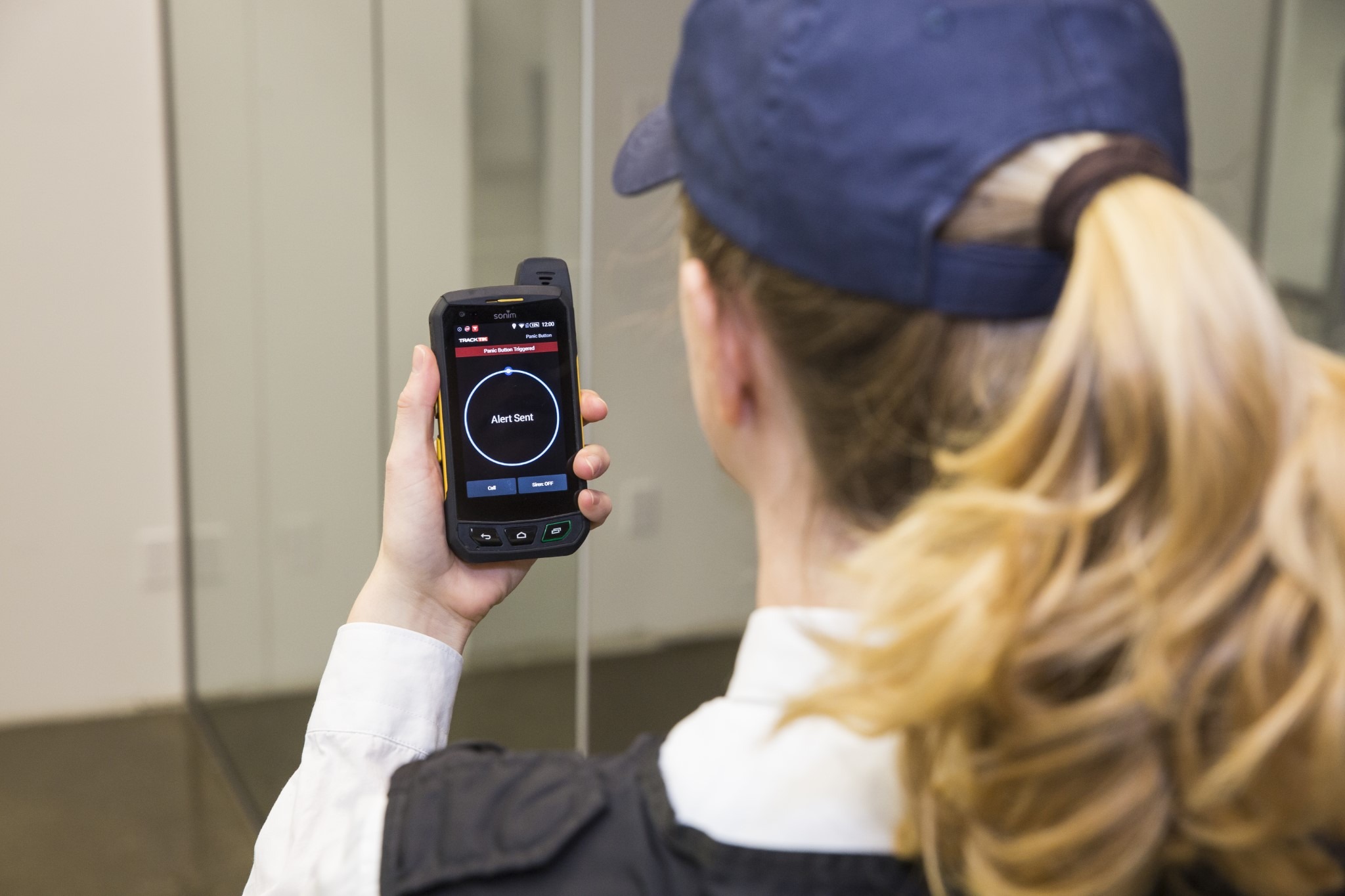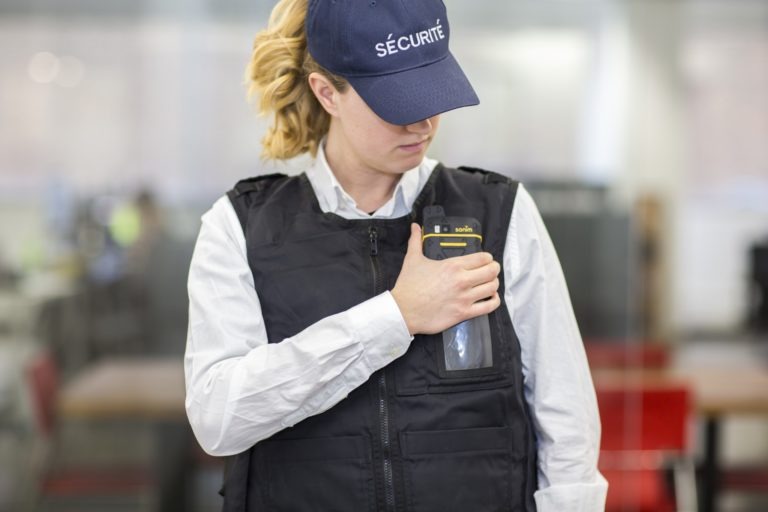From public facilities to private corporations, security guards play a crucial role in a wide variety of locations. But do your security guards fully understand what is expected of them?
While the exact nature of security guard duties and responsibilities vary from location to location, there are a few elements that can be found in most work environment. By ensuring that your guards fully comprehend these important attributes of their job, they’ll be better equipped to create a safe environment for everyone at the facility.
The following security guard duties and responsibilities are essential at any location:
Visibility
While this may not sound like an actual “duty”, making oneself clearly visible is an important part of any security guard’s work. A visible security presence goes a long way in establishing peace of mind for your clients. The mere fact that a guard is visible can deter break-ins, vandalism, thefts, and a host of other problems. In many locations, this visibility even extends to greeting guests and employees as they enter the facility.
Patrolling
Of course, it isn’t enough to simply have a security guard on-site. As such, the vast majority of security guards are also responsible for conducting patrols to check for anything that might be amiss. Guards must use each of their senses and maintain focus as they travel along their patrol route, as any given situation can quickly escalate into a serious security issue if not identified and dealt with correctly.
Incident Response
A security guard is the first line of defense against workplace incidents, be they the result of human interference or an environmental threat. Security guards have the responsibility to react quickly and appropriately to any unusual situation that might come across their path. In some cases, this could require calling the fire department or evicting someone from the premises.
However, not all incidents are so dramatic. For many security guards, incident response could entail something as simple as turning off lights that were accidentally left on or informing the client of a water leak on the premises. Regardless of the severity of the incident, a guard’s ability to assess the situation and take the proper actions to resolve it can dramatically change client outcomes.
Reporting
Security officer responsibilities aren’t complete after an incident has been spotted. Even seemingly minor irregularities should be included in a guard’s shift report to help the client understand the issues their business faces. For example, if a security guard repeatedly finds that lights are left on in unused rooms after-hours, the client could use this information to send out a reminder to employees about conserving electricity – a move that could lead to big savings on utilities.
For ongoing issues, quality reporting is even more important, as this allows either the client or the security guard’s supervisor to provide additional instructions as needed.
Following Facility Guidelines
Each client is unique, and as such, the exact nature of security guard duties and responsibilities may vary. At some locations, guards may be required to check for employee ID badges before letting anyone enter the building. At others, security guards might be asked to help maintain order during rallies or events where protesters and other disruptions are a concern.
Regardless of the unique tasks that a particular client might request, it is essential that guards perform these duties with the same level of exactness as their other tasks.
While this checklist hardly covers the full list of responsibilities that security guards may experience, these key items can be found in most security jobs. By making these tasks a priority, you can deliver stellar results to your clients.


